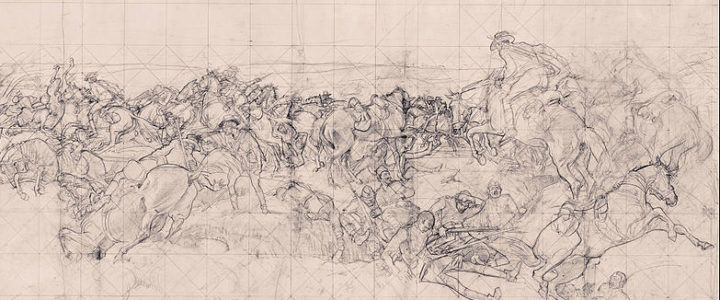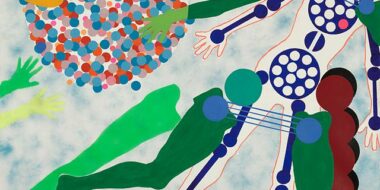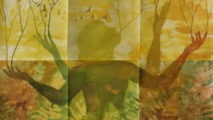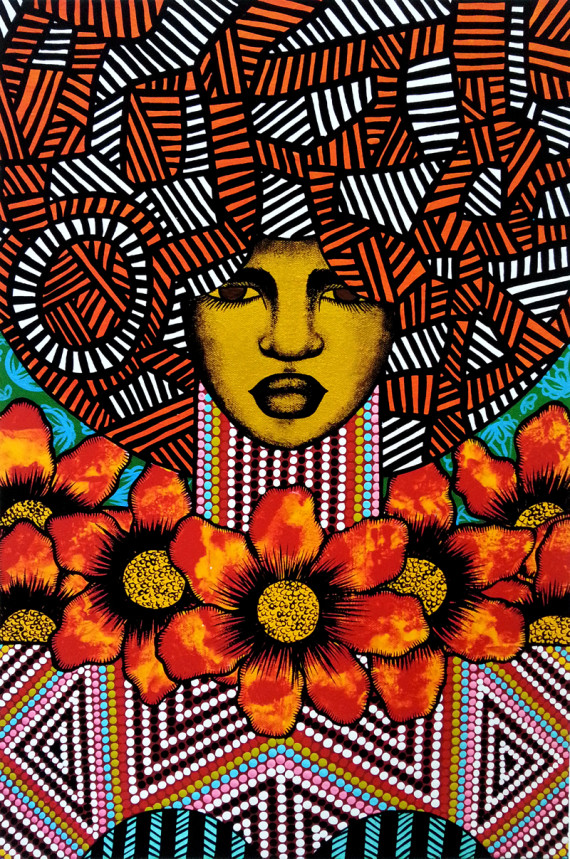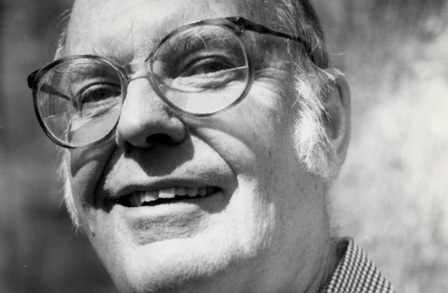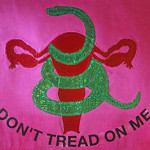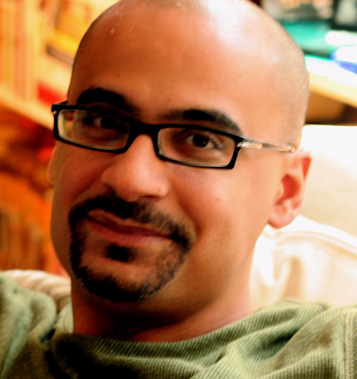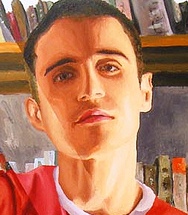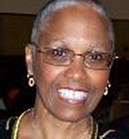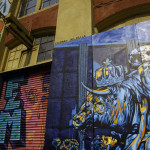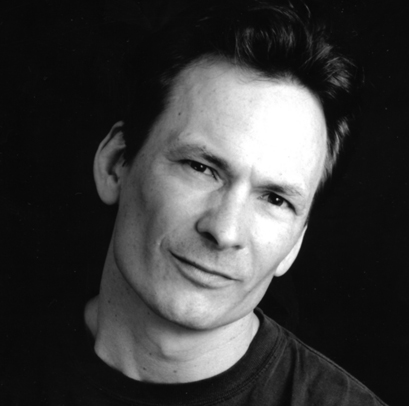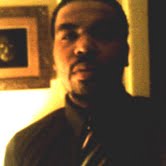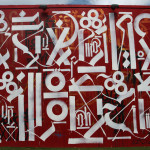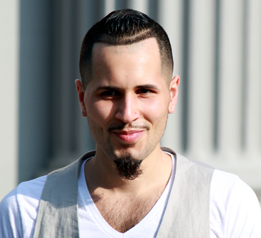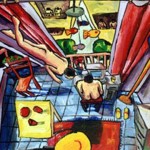We loved Mr. Pasternak before we knew what love was. He was young and good-looking, and he was the only teacher we didn’t sense secretly needing the approval or friendship of us, his eighth-grade charges. His clothes didn’t fit — his button-ups hung loose on his body and his pants were cut too long — but he didn’t care if we thought he looked like a cool teacher, which made him a cool teacher. When he took over as the high school cross-country coach, he laced up his running shoes every afternoon and ran every mile along with the team. The former coach had just driven beside the team in his van, hanging back a little, allegedly to look at their butts as they ran.
We were not quite brave enough to forge lateness permission slips from our parents. We were ashamed to be seen in the outlet stores of our favorite brand names, and planned elaborate lies to explain why we were there in case we were ever spotted and confronted. We were confident in our knowledge of how sex worked, but still terrified of being able to perform it competently. We were worried about our parents divorcing. We were afraid that no one’s older sibling would ever like us enough to buy us beer. We were definitely going to try out for the team — any team — once we gained enough weight. Mr. P appeared at Gerald R. Ford Middle and High School when we needed him most, when we were skeptical that adult men came in forms besides our jowly, impotent dads and our self-important, stoned older brothers. He had a picture of his wife on his desk, and she was prettier than any girl we knew in real life. The girls said they heard they got married at midnight on New Year’s Eve, and we squirreled this information away to add to our nascent understanding of romance.
Our devotion to him transcended even our hatred for Derek, which was substantial. Derek was so frail and dweebishly irritating; it was annoying just to know that he was spending homeroom painstakingly sketching cartoon characters with big eyes and spiky hair. Looking at him was like an itch that could only be scratched by spitting into his food while walking by him at lunch, tripping him if a group of high schoolers walked by so that they would know that just because we were standing near him didn’t mean we were friends. But once Mr. P starting teaching World History, Derek wasn’t at lunch anymore — instead, he ate in Mr. P’s room with him. We could hear them talking from the hallway, and stung with jealousy. But we felt like we had to honor Mr. P’s tacit endorsement of Derek. We stopped performing imitations of his high, soft voice and making fun of his areolae when we changed for gym.
Not even Mr. P could make us excited about learning; not really. But we did care about at least doing okay in his class. Sometimes we had nightmares about turning in homework only to have Mr.
P shake his head and say “You didn’t try at all, did you?”
He taught us about the plague, and we learned about how fleas had changed the course of history. “But they didn’t know that at the time,” Mr. P told us. “In the 14th century, all they knew was that everyone around them was dying. They had no idea why.” He told us about the useless things people tried in an attempt to ward off death: cleaner air, better diet, prayer. We looked at engravings of flagellants wandering the countryside whipping themselves with musical accompaniment in an attempt to show God they were sorry. We tried to imagine what it would be like to live in a world that so profoundly misunderstood how people worked, what made them well.
Mr. P handed out worksheets about the hierarchy of the church in the 1300s and had us work on them in groups of three. As we huddled, he moved about the room, occasionally tapping a student on the shoulder and whispering, after which they got up and stood against the wall. By the time the class period was over, most of the class was standing to the side, and none of our worksheets were finished. “You’ve just experienced the black plague,” Mr. P said solemnly. “All of you —“ he swept his arm towards the people against the wall — “are dead.” Those of us still sitting beheld the deceased, trying to drum up a real sense of grief. We tried to call forth shock and sadness even for Derek, who fidgeted with the hem of his shirt. We couldn’t.
The next week in homeroom, we watched a movie about a Simon Hutchins, a football player who had been injured on the field. The camera panned over yearbook photos that showed him grinning, with only mild acne, broad shoulders and a minimum of neck. When Hutchins addressed the camera directly, it was from a wheelchair; he had been paralyzed after a vicious sack. Someone made a joke about his penis not working, and we tittered until Mr. P glared. “Do you think this is a joke?” he asked. “Think about how lucky you are, to get to think this is funny.” He seemed genuinely mad, and we were ashamed, although we still wondered about the football player’s dick. After the video, Mr. P turned the lights back on. “Come on, line up at the door. Let’s go.” We were to move to the auditorium where Hutchins would visit his real-life presence upon us in the form of an assembly about disabilities.
Somehow it reached us while filing into the auditorium, leaning forward between the heads and shoulders of others to pass it along. Did we know that the reason this guy was here at all was because he had known Mr. P’s wife? Not just known her; they had dated. Even better — even worse — Mr. P’s wife had been his high school girlfriend, had even been at the fateful game when he fell to the ground and couldn’t get up under his own power. “That can’t be true,” someone said. “What, she broke up with a cripple in his hospital bed?” We weren’t ready to believe it either. But here inside the auditorium, where our eyes weren’t yet used to the light, there was Mr. P up near the stage. He was leaning over Hutchins with the same grave charm he used with us when looking over our worksheets. We were suddenly so aware of his body, of how functional it was — the legs that carried him down the sidewalk with the cross-country team, the arms that reached for his wife and looped fluidly around her waist when he stood. Because that was the thing; while Mr. P’s hanging out with the wheelchair dude might not have been suspicious in itself, Mr. P’s wife was standing off to the side, between the wheelchair and the stage. She was as pretty as her photo made her look, staring down at her hands instead of at Mr. P or Simon Hutchins. “Why else would she be here?” someone whispered, and we couldn’t find a reason. “He stole a cripple’s girlfriend?” someone else hissed.
We settled into seats with murmurs of indignation and protestation humming through the auditorium. “You’re making this up,” we heard Derek’s voice from a few rows over. “You don’t know that.”
We wanted more than ever before to dump an open can of Coke into his backpack.
The speaker’s wheelchair propelled him up a ramp onto the stage, where he joined the vice principal at the podium. Mr. P and his wife took seats in the front row, and we saw their heads lean in towards each other, and we wanted more than anything to know what they were saying. The vice principal laid a hand on the speaker’s shoulder and leaned in towards the microphone: “Today it’s my pleasure to introduce—“ But she had to stop and hold up a hand to block the wad of paper flying at her. “Excuse me!” she bellowed into the microphone, but three more wads of paper landed on the stage. “Hey!” Mr. P stood up and turned to look at us. He was hit in the face with what looked like a pack of gum.
Some of us were aiming at the speaker, some of us at Mr. P, some at his wife. A handful of us went for Derek, who got drilled in the back of the head by a hard plastic pencil case. Mr. P’s wife covered her face and the vice principal tried yelling into the microphone but we couldn’t hear her over the sound of ourselves hooting and laughing, our voices rising into a throaty shriek that sounded much bigger and more important than any one of us alone.
Rachel Kincaid is a Bostonian getting used to the Midwest. Her work has appeared in Forklift, Ohio; Threepenny Review; The Awl and is forthcoming in Paper Darts.
